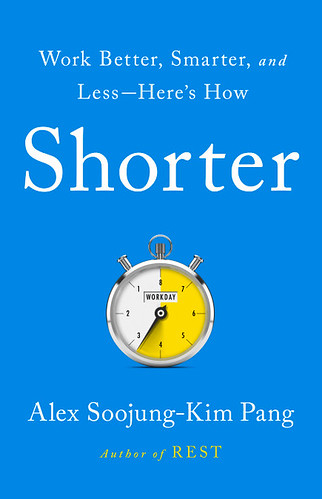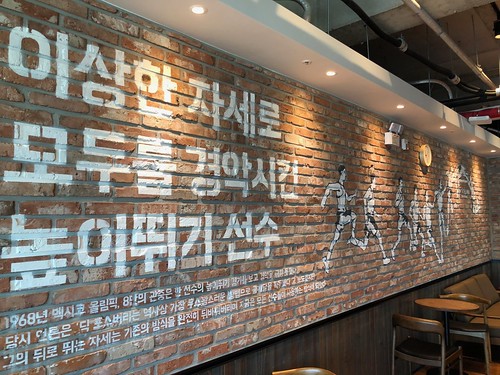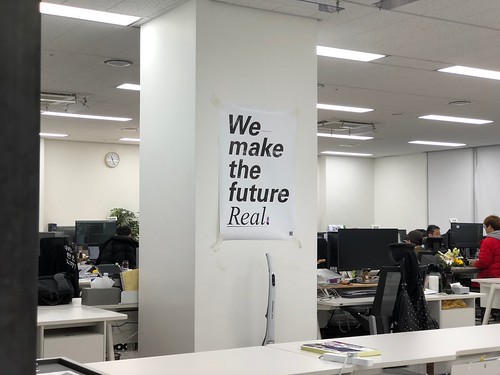My latest book is SHORTER: WORK BETTER, SMARTER AND LESS– HERE’S HOW. It’s published by Public Affairs in the United States, and Penguin Business in the UK (with a slightly different title). You can order it online.
In my previous book REST: WHY YOU GET MORE DONE WHEN YOU WORK LESS, I looked at the hidden role of rest in the lives of super-creative and productive people. In SHORTER, I introduce you to companies that have discovered and applied the lessons of deliberate rest, and have moved their entire companies or workforces to 4-day weeks, 6-hour days, and even 5-hour days.
I explain what motivated their leaders to try something as radical as a 4-day week; how they went about making the transition; what obstacles they encountered; and what benefits they’ve reaped.
What I’ve found is that companies are finding ways to shorten the workweek, without cutting salaries, or sacrificing productivity or profitability.
They’ve become more efficient, more creative, and better places to work. They have an easier time attracting and retaining top talent. And employees are happier, have better work-life balance, and are more creative.
Researching the book has taken me all over the world: I’ve interviewed entrepreneurs, CEOs, and employees in Japan, Korea, the United Kingdom, Denmark, Canada, Australia and New Zealand.
The companies range from small Michelin-starred restaurants, Korean tech unicorns, creative agencies, PR firms, factories, and health care. It’s a genuinely global movement that’s inventing a future of work that is innovative, hopeful, and human.
SHORTER builds on the world of ideas and practices described in REST and THE DISTRACTION ADDICTION. It explains the critical role these companies can play in helping solve the problems I discuss in THE DISTRACTION ADDICTION, and in making possible the style of work I describe in REST. We usually think of attention, time management, work-life balance as personal challenges to be solved by each of us individually, through tips and tricks and hacks. SHORTER argues that this is only a partial solution; that we all face these challenges, and can solve them better if we solve them together; and that a collective, structural approach to these problems will actually make companies more productive, more creative, and better places to work.
To learn more, check out my op-ed in the South China Morning Post, “Why companies should say goodbye to the 996 work culture, and hello to 4-day weeks.”







